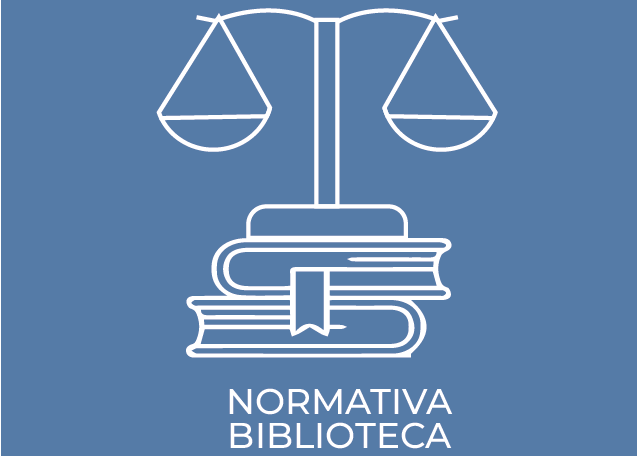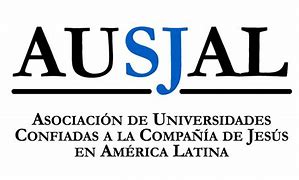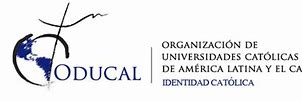A practical course in terminology processing (Registro nro. 257820)
[ vista simple ]
| 000 -CABECERA | |
|---|---|
| campo de control de longitud fija | 05759nam a2200229Ia 4500 |
| 008 - LONGITUD FIJA | |
| campo de control de longitud fija | 200129s9999 xx 000 0 und d |
| 020 ## - INTERNATIONAL STANDARD BOOK NUMBER | |
| ISBN | 1556191138 |
| 040 ## - FUENTE DE CATALOGACIÓN | |
| Centro catalogador/agencia de origen | EC-QuPUC |
| Lengua de catalogación | Español |
| Normas de descripción | rda |
| 041 0# - IDIOMA | |
| idioma | Inglés |
| 100 1# - AUTOR PERSONAL | |
| nombre | Sager, Juan C. |
| 245 #2 - TÍTULO PROPIAMENTE DICHO | |
| título | A practical course in terminology processing |
| 250 ## - EDICIÓN | |
| edición | J. Benjamins Pub. Co. |
| 264 ## - PIE DE IMPRENTA | |
| lugar (ciudad) | #¿NOMBRE? |
| editorial | John Benjamins Publishing Company, |
| fecha | 1990 |
| 300 ## - DESCRIPCIÓN FÍSICA | |
| Extensión | xi, 254 páginas : |
| Ilustraciones | ilustraciones ; |
| Dimensiones | 23 cm. |
| 336 ## - TIPO DE CONTENIDO | |
| Término de tipo de contenido | texto |
| 337 ## - MEDIACIÓN | |
| Nombre/término del tipo de medio | no mediado |
| 338 ## - PORTADOR | |
| Nombre/término del tipo de soporte | volumen |
| 505 0# - NOTA DE CONTENIDO | |
| Nota de contenido | Machine generated contents note: ch. One Introduction-What Is Terminology?1.1.A new field of enquiry and activity1.2.Definition1.3.Terminology and related disciplines1.Terminology and Information Science1.4.Theoretical premises1.5.Requirements of an applied field of study1.6.Conflicts between theory and practice1.7.The purpose and structure of this bookch. Two The Cognitive Dimension2.1.A theory of reference1.A model of knowledge2.Subject disciplines3.The social norm4.Knowledge and reference5.Special subject languages6.Words, terms and standardised terms2.2.A theory of concepts1.Concepts: definition2.Characteristics3.Types of concepts4.Structures of concepts1.Relationships2.Complex relationships5.Subject classification2.3.Definitions and alternatives1.Definition of `definition' in terminology1.Scope of definitions2.Methods of definition1.Rules of definitionContents note continued: 3.Definitions in context1.Definition as part of the semantic specification4.The purpose of definitions in terminology1.Functional types of definitions2.Needs analyses5.Use of existing definitions1.The need for terminological definitions2.4.Terminological definitions and relationships1.Complementarity of definition and relationshipsch. Three The Linguistic Dimension3.1.A theory of terms1.The onomasiological approach2.Terms and their forms1.Terms in dictionaries2.Homonyms, synonyms and variants3.Status of terms3.Processes of terminologisation3.2.Term formation: theory and practice1.Motivation for designation1.Names and proper nouns2.Patterns of term formation1.Use of existing resources2.Modification of existing resources3.Creation of new lexical entities (neologisms)3.Pragmatic aspects of term formation1.Trends in secondary term formationContents note continued: 2.Attitudes to borrowing4.Technical support for term creation3.3.Guidelines for the creation of terms1.International guidelines2.Criteria and rules for naming3.4.Nomenclatural systems1.General principles2.Features of medical nomenclature3.Features of biological nomenclature4.Features of chemical nomenclaturech. Four The Communicative Dimension4.1.A model of communication1.The choice of intention2.The selection of knowledge3.The choice of language4.2.The functional efficacy of terms1.Lexical expression of economy2.Precision of expression3.Appropriateness of expression4.3.Standardisation1.Principles of standardisation2.Instruments of standardisation3.Objectives of standardisation of terminology4.Methods of standardisation5.The efficacy of standards in terminology6.Limitations of standardisationch. Five Compilation of TerminologyContents note continued: 5.1.Principles of compilation1.Corpus-based compilation2.Databases for terminology and related information3.New methods of terminology compilation4.Qualitative improvements5.2.The nature and type of terminological information1.Methodological considerations2.Quality of data3.Principles of data collection5.3.Compilation1.Terminological information1.Basic data categories2.Methods of compilation5.4.New trends in compilation1.Interrelationships of datafields2.Conceptual relationships1.The terminological thesaurus approach in term banksch. Six Storage of Terminology6.1.A historical perspective1.The effect of hardware developments on storage2.The first generation of term banks3.The second generation of term banks6.2.Terminological data banks-a definition6.3.Modern terminological data bank design (by Richard Candeland)Contents note continued: 1.Representation of terminology-a theoretical model2.Representation of terminology-logical implementation6.4.Storage of terminology-practical considerations1.Database management systems2.Information retrieval systems (IR)6.5.Semantic networksch. Seven Retrieval of Terminology7.1.Forms of retrieval1.Sorting problems in retrieval7.2.Retrieval requirements1.Search profiles2.Output profiles3.User-friendliness7.3.The retrieval of terminological information7.4.User types1.Translators and other communication mediators2.Information scientists and other information providers3.Terminologists and other dictionary producers4.Other users7.5.Retrieval from a terminological thesaurusch. Eight Usage of Terminology8.1.The scope and function of terminology processing1.Limitations of terminology processing8.2.Attitudes to terminology processing1.Historical perspectiveContents note continued: 2.Recording of terminological usage1.Spoken language2.Variants and other alternative forms3.The effect of rapid growth, change and innovation in science and technology4.The dual of role of English in terminology8.3.Terminology processing centres1.The production of terminological collections2.Existing collections: common content and exchange3.Structural differences between term banks4.Cooperation among term banks and terminology producers5.Other developments8.4.New uses of terminologies1.Terminology in machines. |
| 082 04 - CLASIFICACIÓN DECIMAL DEWEY | |
| Clasificación | 410.285 |
| Clave de autor | S1296p |
| 650 04 - MATERIA GENERAL | |
| Término de materia o nombre geográfico como elemento inicial | INFORMATION STORAGE AND RETRIEVAL SYSTEMS // TERMS AND PHRASES. / INFORMATION STORAGE AND RETRIEVAL SYSTEMS // TERMINOLOGY. /TERMS AND PHRASES. / TERMS AND PHRASES // DATA PROCESSING. / INFORMATIONS STORAGE AND RETRIEVAL SYSTEMS // TERMS AND PHRASES. |
| 942 00 - PUNTO DE ACCESO ADICIONAL KOHA | |
| Préstamos Koha (prestado), todas las copias | 0 |
| Tipo de ítem koha | Libro |
| Ocultar en el OPAC | Perdido | Esquema de clasificación | Dañado | No circula | Colección | Sede propietaria | Localización actual | Ubicación | Adquirido | Proveedor | Signatura topográfica | Código de barras | Visto por última vez | Ejemplar | Tipo de ítem |
|---|---|---|---|---|---|---|---|---|---|---|---|---|---|---|---|
| No oculto | Dewey Decimal Classification | Col General | Sede Esmeraldas | Sede Esmeraldas | Sala general | 03/08/2022 | GEN | 410.285/ S1296p/ 1.1.036(a) | ESM415509 | 03/08/2022 | Ej.1 | Libro |








